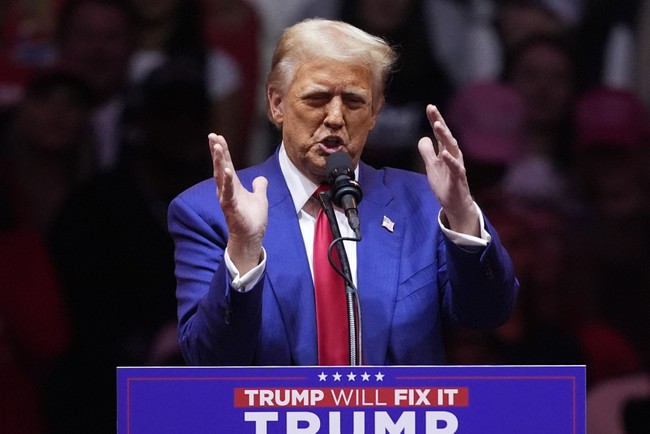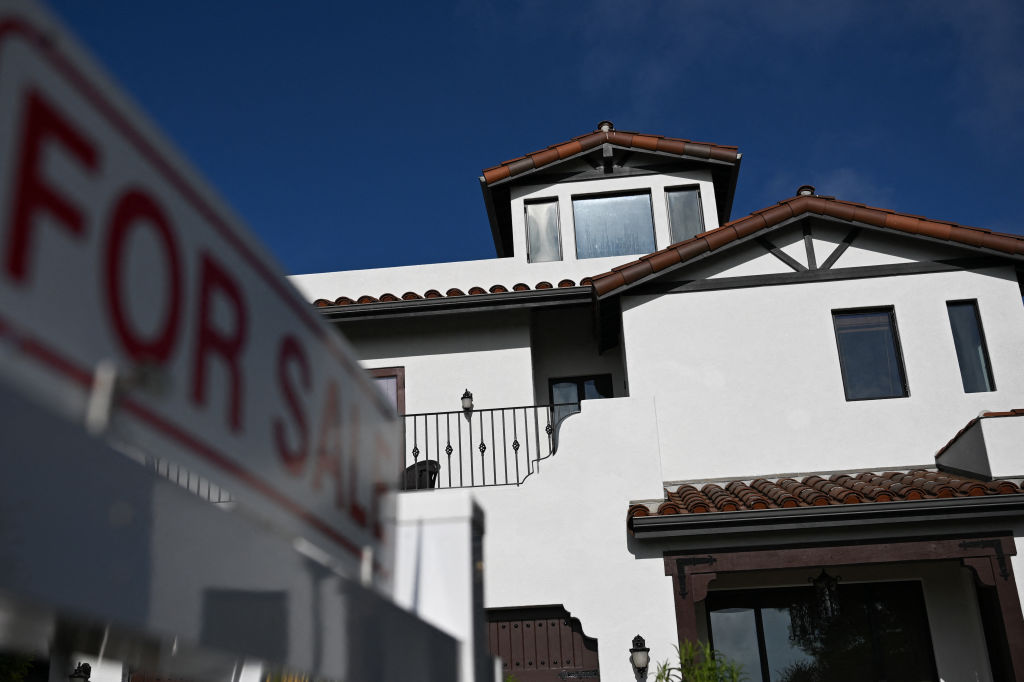China's Communist Party Faces Economic Crossroads
As China's economy struggles post-pandemic, the Communist Party's key meeting seeks to address growth challenges and long-term reforms.
Published July 16, 2024 - 00:07am

Image recovered from deccanherald.com
China's Communist Party has commenced a key meeting in Beijing, a defining moment for President Xi Jinping and his leadership as the nation grapples with economic slowdown. The National Bureau of Statistics revealed that the GDP for the second quarter expanded by 4.7%, well below the earlier 5.3% growth. The first half of the year saw a 5% growth, which, while within the government's target range, was far from reassuring amid a sluggish post-COVID recovery.
The four-day, closed-door Third Plenum session, chaired by Xi, aims to lay out a strategy for economic reform and modernization. This meeting, traditionally significant for setting policy directions, is watched globally, particularly for measures addressing a faltering property market, high local government debt, and diminishing consumption.
Historically, third plenum sessions have marked pivotal moments in Chinese policy. The 1978 session launched Deng Xiaoping's economic reforms, while the 1993 and 2013 sessions reaffirmed market-oriented reforms. Xi's 2013 plenum outlined economic reforms that largely remained unfulfilled, raising curiosity about the outcomes of the current meeting.
Xi's leadership has seen a shift towards more state control over economic policies, a move that has raised concerns among analysts about its impact on entrepreneurship and investor confidence. This plenum, delayed from last autumn, is crucial as China faces heightened geopolitical tensions and trade restrictions from the US and EU, especially in high-tech sectors.
Neil Thomas of the Asia Society Policy Institute notes that Xi may introduce pro-business policies in the hi-tech sector to boost manufacturing and technological self-reliance. However, the political challenges and economic pessimism may only lead to modest policy adjustments.
Policy advisers predict that the meeting will address tax system revisions, debt-reduction measures, and steps to increase domestic consumption. This comes against a backdrop of a prolonged real estate crisis and a cautious consumer base, with retail sales in June growing by just 2%, a clear sign of weak demand.
Meanwhile, China has tightened security in Beijing, a common practice during significant government gatherings, with increased surveillance and precautionary measures against potential dissidents. This underscores the party's focus on maintaining stability as it navigates economic and social challenges.
The party has set ambitious long-term goals through 2035 and 2049, aiming to achieve the 'great rejuvenation of the Chinese nation'. This vision hinges on consolidating power within the party, advancing technological innovation, and emphasizing national security, often at the expense of market freedoms.
Yu Jie from Chatham House suggests that the policies expected from the plenum will likely focus on strategic and innovation sectors rather than short-term growth stimuli. This stance reflects China's need to balance economic growth with social equity amid mounting local government debts and pressures on public services.
Economic analysts, including those from Moody's Analytics and Vanguard, express skepticism about immediate impactful reforms from the plenum. They anticipate that the meeting will set longer-term strategies to address structural issues rather than making short-term policy changes.
As the party seeks to assuage both domestic and international investors, the meeting's outcomes will be instrumental in signaling China's economic direction. Analysts expect a continued emphasis on high-tech industries and efforts to mitigate regional government debts and stabilize the housing market.
In summary, the Third Plenum is a crucial juncture for China's economic policy, with President Xi Jinping at the helm amid significant internal and external challenges. The decisions made will likely define China's trajectory towards its economic and political goals for the coming decades.







